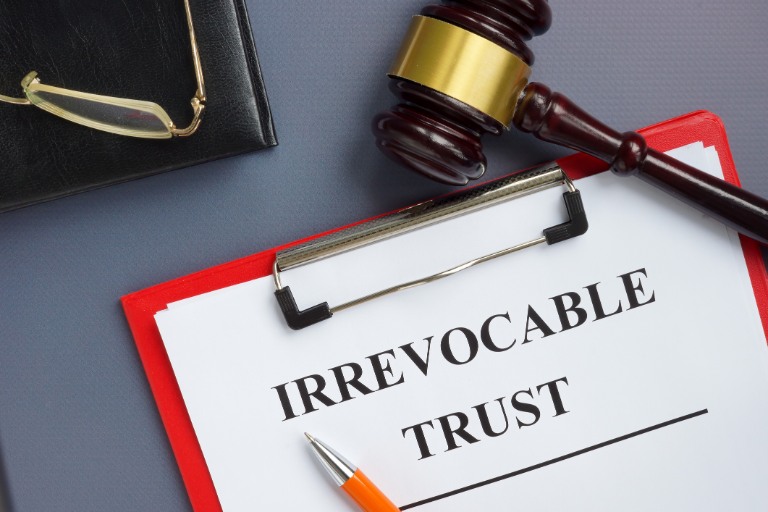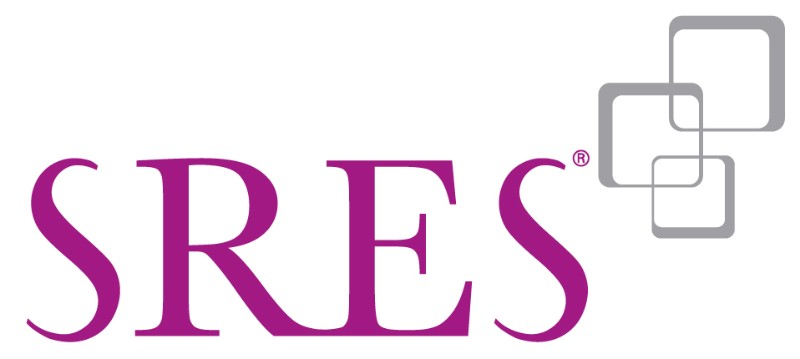
Probate is often a time-consuming and costly process that can delay the distribution of assets to your loved ones. In Virginia, as in many other states, the probate process involves proving the validity of a will, settling debts, and distributing the remaining estate. For families already dealing with the loss of a loved one, this process can add unnecessary stress. Fortunately, there are effective ways to protect your assets and avoid probate, ensuring a smoother transition for your beneficiaries. Here are six proven methods to safeguard your estate from probate in Virginia.
1. Establish a Revocable Living Trust
A revocable living trust is one of the most effective tools to avoid probate. By transferring your assets into a trust, you retain control over them during your lifetime and designate a successor trustee to distribute them upon your death. This type of trust provides flexibility and allows you to make changes as needed while you are alive.
How It Works:
- You create the trust with the assistance of a good estate planning attorney and transfer ownership of your assets into it.
- You serve as the trustee during your lifetime, maintaining full control over the trust assets.
- Upon your death, the successor trustee distributes the assets according to your instructions, bypassing probate entirely.
Benefits:
- Assets are distributed quickly and privately, sparing your beneficiaries the delays and public nature of probate.
- The trust can be modified or revoked at any time during your lifetime, giving you flexibility to adjust as circumstances change.
- Avoidance of probate fees, which can be substantial in terms of both time and money.
Additional Considerations:
- All significant assets, including real estate, bank accounts, and investments, must be retitled in the name of the trust to ensure they avoid probate.
- Professional guidance from an estate planning attorney is essential to ensure the trust is set up correctly and meets your needs.
2. Joint Ownership with Rights of Survivorship
Joint ownership allows two or more people to own an asset together, with the survivor automatically inheriting the deceased owner’s share. This arrangement can streamline the transfer of property and bypass probate.
Types of Joint Ownership in Virginia:
- Joint Tenancy with Right of Survivorship: Commonly used for real estate, vehicles, and bank accounts. When one owner passes away, their share transfers to the surviving owner automatically.
- Tenancy by the Entirety: This type of joint ownership is exclusive to married couples and offers additional protection from individual creditors.
How It Avoids Probate: When one owner passes away, their share of the property automatically transfers to the surviving owner without the need for probate. This ensures a seamless transition of ownership.
Considerations:
- Ensure all ownership documents clearly state the right of survivorship to avoid confusion or disputes.
- Adding a co-owner can have unintended consequences, such as exposing the asset to the co-owner’s creditors or triggering gift tax implications.
Tips for Success:
- Consult with an attorney before adding a co-owner to any property to understand the full legal and financial implications.
- Joint ownership is best used for assets where co-owners are trusted family members, such as spouses or children.
3. Name Beneficiaries on Financial Accounts
Many financial accounts allow you to name beneficiaries who will inherit the funds directly upon your death. These designations ensure that the funds bypass probate and are transferred swiftly to your chosen beneficiaries.
Common Beneficiary Designations:
- Payable-on-Death (POD) Accounts: For bank accounts, including savings, checking, and certificates of deposit.
- Transfer-on-Death (TOD) Accounts: For investment accounts, stocks, bonds, and mutual funds.
Steps to Set Up:
- Contact your financial institution to add or update beneficiary designations on your accounts.
- Review your beneficiary information regularly, particularly after major life events such as marriage, divorce, or the birth of a child.
- Ensure the names of beneficiaries are spelled correctly and match their legal documentation to avoid complications.
Advantages:
- Quick and direct transfer of funds without probate delays.
- No legal fees or court involvement is required to distribute the assets.
Potential Pitfalls to Avoid:
- Failing to update beneficiary designations can result in unintended consequences, such as ex-spouses or deceased individuals inheriting the assets.
- Naming minors as beneficiaries may require a guardian or trust to manage the funds until the child reaches adulthood.
4. Use Virginia’s Transfer-on-Death Deed
In Virginia, a transfer-on-death (TOD) deed allows you to transfer real estate directly to a beneficiary upon your death, bypassing probate. This tool is particularly useful for those whose primary asset is their home.
How It Works:
- You file a TOD deed with the local recorder’s office, naming your chosen beneficiary.
- During your lifetime, you retain full ownership, control, and the ability to sell or refinance the property.
- Upon your death, the property automatically transfers to the named beneficiary without probate involvement.
Benefits:
- A TOD deed is a cost-effective and straightforward way to transfer real estate outside of probate.
- It allows you to retain full control over your property while ensuring a smooth transfer upon your death.
Key Considerations:
- The TOD deed must be properly executed and recorded to be valid.
- The property will still be subject to your creditors during your lifetime, and any unresolved debts could impact the transfer.
Best Practices:
- Consult with an attorney to ensure the TOD deed complies with Virginia law and addresses potential complications.
- Inform your beneficiary of the TOD deed’s existence to avoid confusion or disputes after your passing.
5. Gift Assets During Your Lifetime
By gifting assets to your heirs while you’re alive, you can reduce the size of your estate and avoid probate for those assets. This strategy can also provide you with the joy of seeing your loved ones benefit from your generosity.
Strategies for Gifting:
- Take advantage of the annual gift tax exclusion, which allows you to give up to $17,000 per recipient (as of 2023) without incurring gift taxes.
- Make larger gifts using your lifetime gift tax exemption, which is currently set at $12.92 million (as of 2023) for individuals.
Advantages:
- Reduces the taxable value of your estate, potentially lowering estate taxes.
- Simplifies the distribution of assets and avoids probate delays.
Potential Drawbacks:
- Once gifted, you lose control over the assets, and they become the recipient’s property.
- Some gifts may trigger tax implications, so it’s crucial to consult with a financial advisor or attorney to understand the full impact.
Tips for Success:
- Document all gifts clearly to avoid disputes or misunderstandings among heirs.
- Focus on gifting assets that are unlikely to appreciate significantly in value, minimizing potential tax consequences for your beneficiaries.
6. Establish Life Insurance Policies
Life insurance proceeds are not subject to probate and can provide your beneficiaries with immediate financial support during a challenging time. These funds can be used to cover funeral expenses, pay off debts, or meet daily living expenses.
How It Works:
- You purchase a life insurance policy and designate beneficiaries who will receive the proceeds upon your death.
- The funds are paid directly to the beneficiaries, bypassing the probate process entirely.
Benefits:
- Provides a reliable source of financial support for your loved ones.
- Proceeds are generally tax-free, maximizing the benefit to your beneficiaries.
- Offers flexibility to cover specific needs, such as education costs or mortgage payments.
Considerations:
Regularly review and update your beneficiary designations to reflect your current wishes.
Ensure the policy aligns with your overall estate plan to avoid unintended consequences, such as overfunding one heir at the expense of others.
Additional Tips:
- Work with a financial planner to determine the appropriate coverage amount for your family’s needs.
- Consider establishing an irrevocable life insurance trust (ILIT) to further protect the proceeds from estate taxes and creditors
Protecting your assets from probate in Virginia requires careful planning and the right strategies. By utilizing tools such as revocable living trusts, joint ownership, beneficiary designations, TOD deeds, lifetime gifting, and life insurance policies, you can ensure a smooth transition of your assets to your loved ones while avoiding the delays, costs, and public nature of probate.
Consulting with an experienced estate planning attorney is essential to tailoring these methods to your unique circumstances. With the right plan in place, you can achieve peace of mind knowing that your estate will be managed according to your wishes and your family’s best interests. Start planning today to secure your legacy and protect those who matter most.




